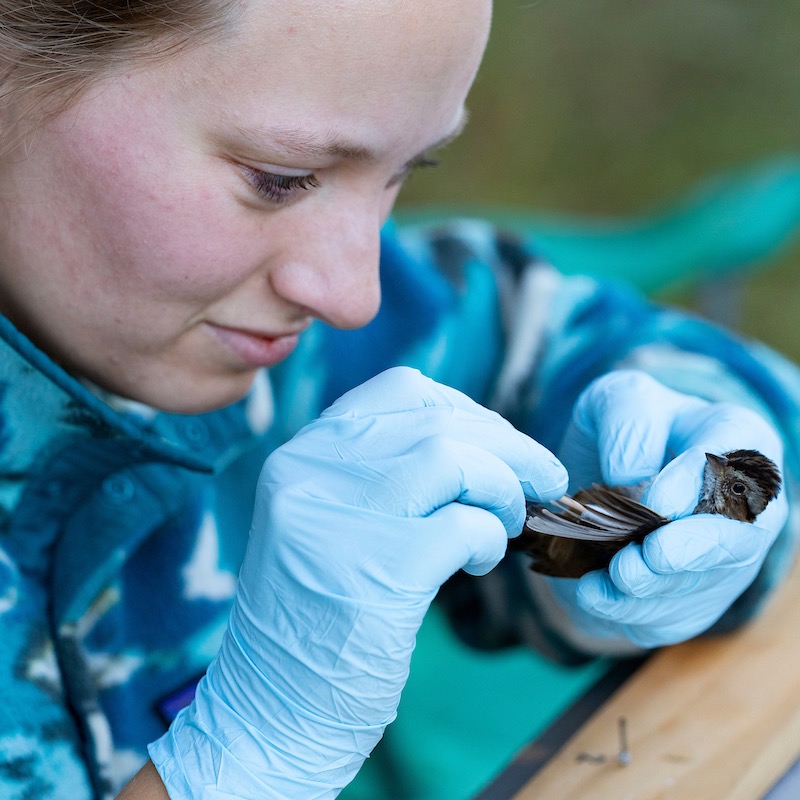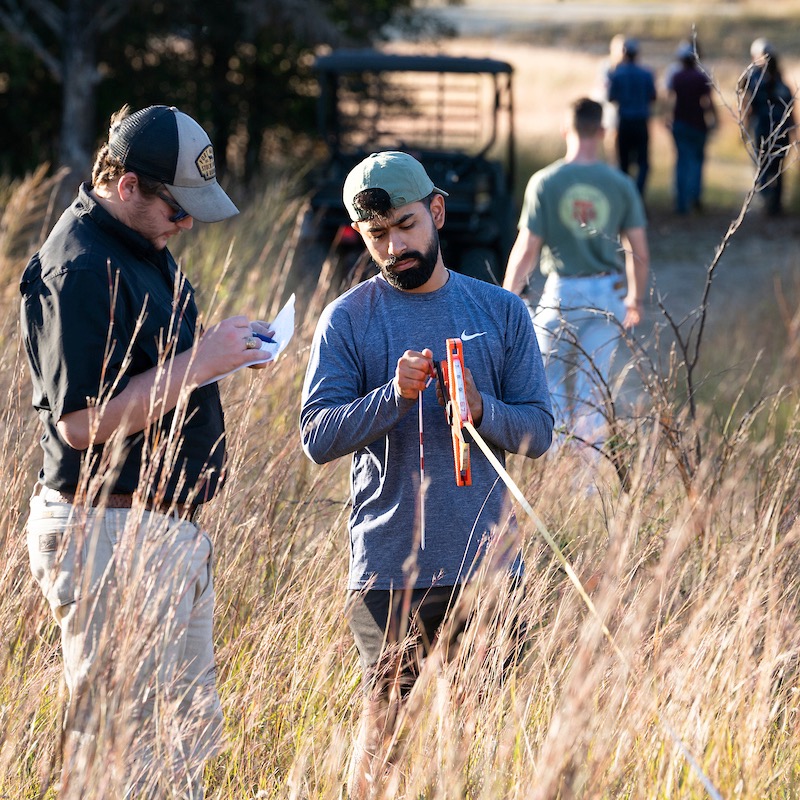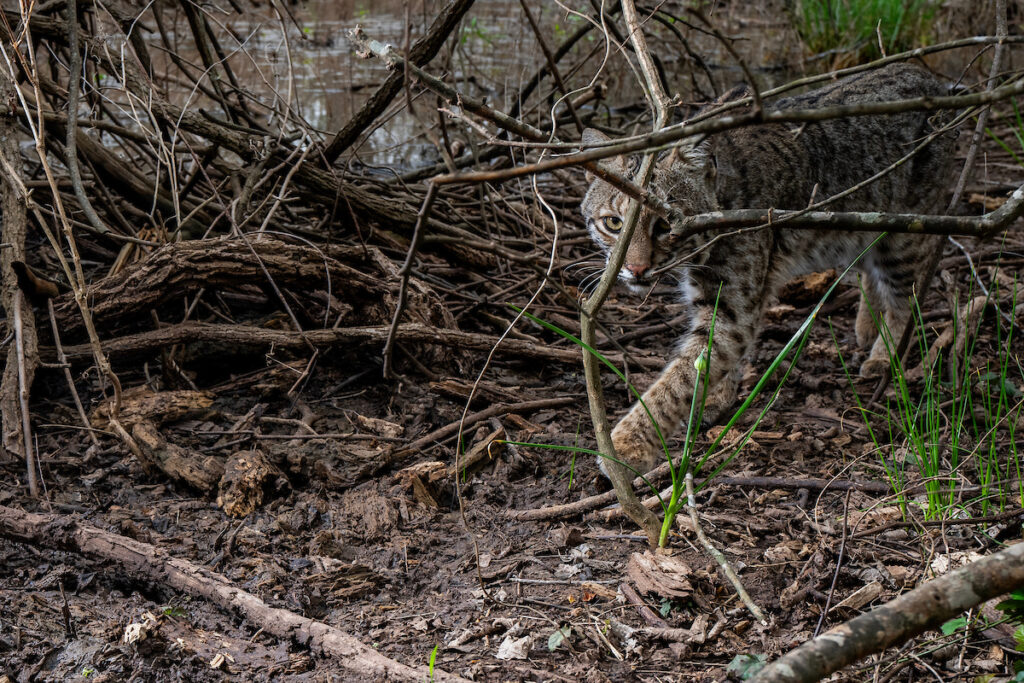
Department of
Rangeland, Wildlife & Fisheries Management

5 degree programs
Facilitating the journey from student to natural resource professional through immersive coursework and experiences. Our rigorous curriculum prepares students for meaningful careers in public or private sectors, serving in roles such as biologist, ranch manager, environmental consultant, game warden, research scientist, park ranger or policymaker.

6 centers and research labs
Addressing urgent natural resource challenges domestically and abroad. Our work serves to improve human lives and natural environments through scientific discovery, application and extension.

300+ enrolled students
Becoming the next generation of stewards generating sound, innovative solutions to complex environmental challenges. We push traditional curriculum boundaries through relevant, modern courses that blend transformative field experiences with established classroom teaching practices.

Tailored for Your Career
“RWFM was a natural choice since I knew I wanted a career in wildlife science. My favorite aspects of our department are the abundant opportunities for outreach and field experience. There is so much learning and professional development you can access outside of the classroom by talking to your professors and joining professional student organizations like our student chapters of The Wildlife Society and American Fisheries Society.”
Drake Dancila ’23
Rangeland, Wildlife and Fisheries Management, Wildlife Track
Rangeland, Wildlife and Fisheries Management News

Brittany Chesser: Science with a heart for Texas ponds
As Texas’ go-to expert for aquatic vegetation and pond health, Brittany Chesser does more than translate scientific data — she empowers landowners to care for their ponds with confidence and clarity. Since joining Texas A&M AgriLife Extension Service in 2019, Chesser has brought scientific expertise and personal passion to a role serving more than 1.3 million privately owned ponds across the state.

Study shows mammals’ daily schedules more varied than thought
Historical beliefs of mammals’ daily activity periods may not hold true — especially in regions seeing increased human development, according to a global study. Camera trap data collected by a Texas A&M AgriLife researcher helped power one of the largest global studies of mammal behavior to date — analyzing more than 8.9 million images across 445 species in 38 countries.
Have Questions?
For degrees or admissions questions:
For general questions: